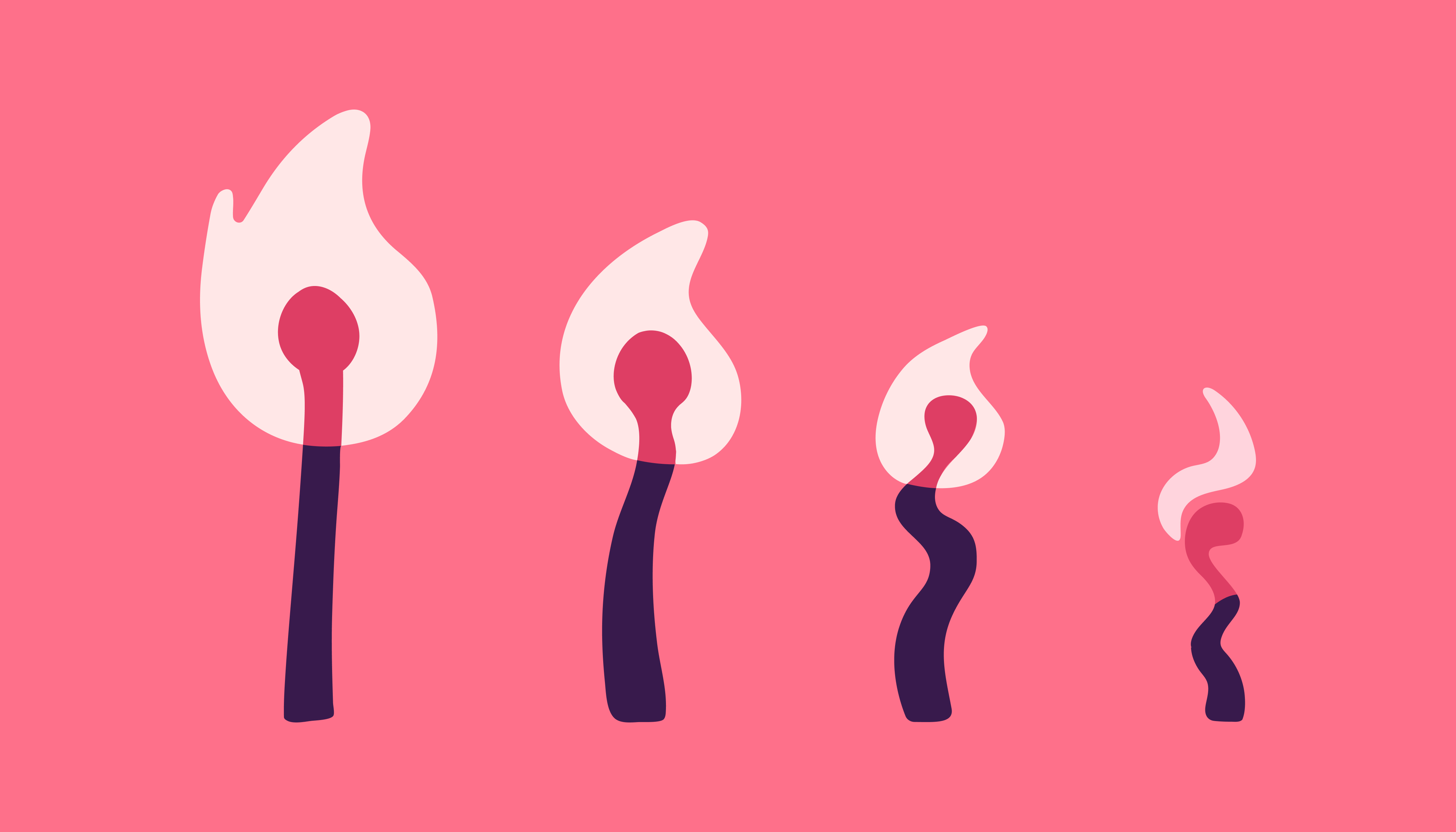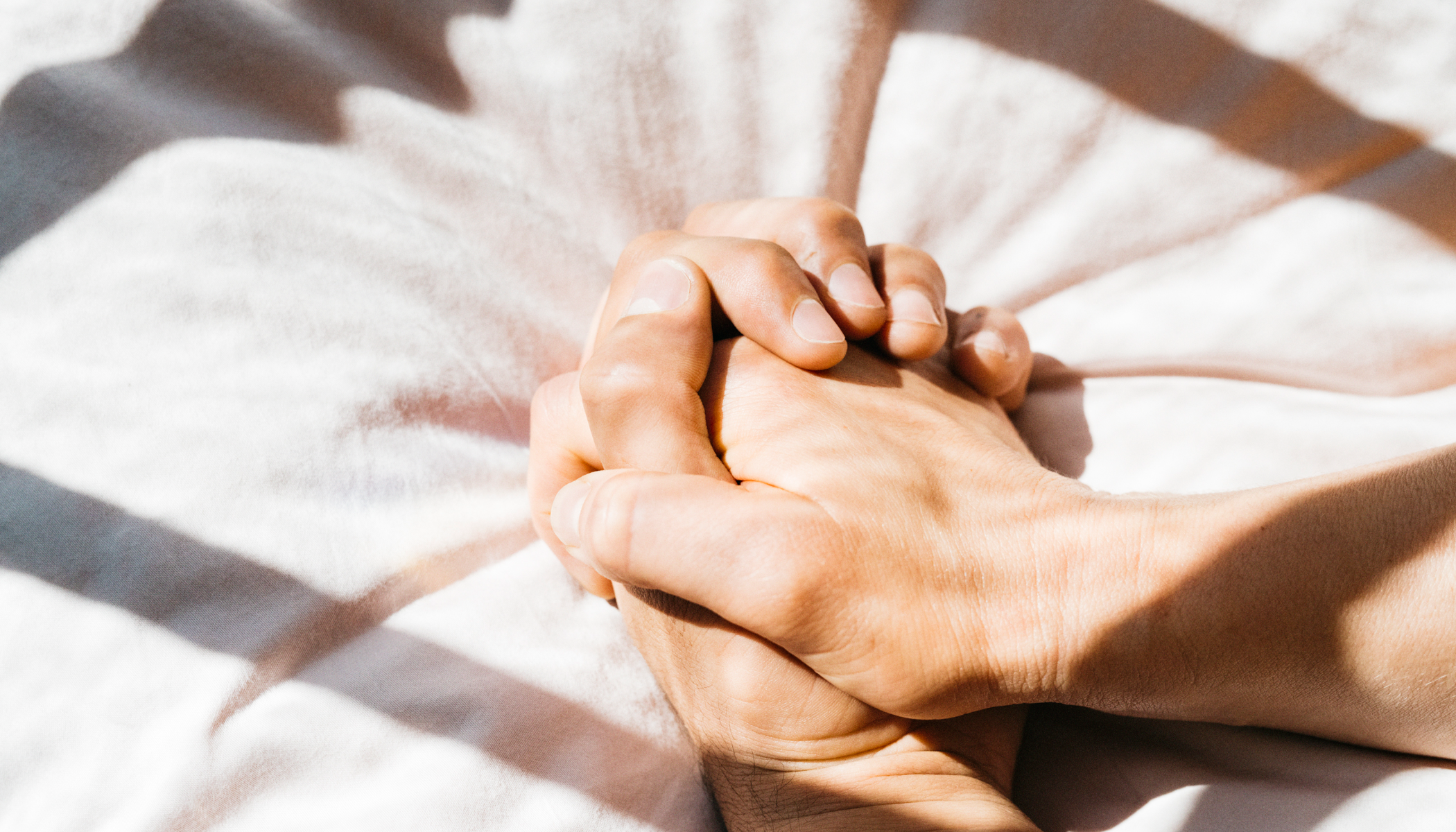A low libido can be worrying, but it’s a common problem that affects many men and women at some point in their lives. In most cases, it’s nothing to worry about.
Often, losing interest in sex is linked to stress, fatigue or an issue within the relationship. But sometimes it can be a sign of an underlying medical problem, like a thyroid issue.
What is low libido?
Low libido is simple a loss in sex drive. If you have a low libido, you’ll have less desire to have sex, or maybe no desire at all.
Everyone’s sex drive is different and there’s no such thing as a ‘normal’ libido. But if you find that your lack of sex drive is affecting your relationship or is causing you to worry, it might be time to get professional help.
What causes a low libido?
No libido, or a reduced sex drive, can be down to a number of things. Here are some of the common causes of low libido and what you can do to help.
1. There are issues in your relationship
Problems within a relationship are one of the most common causes of loss of libido. If you’ve been with your partner for a long time, you may have become overfamiliar with them and this may have a negative effect on your sex drive.
‘The state of your relationship affects libido a lot,’ says Beatrice Lindéh, a Livi psychologist specialising in sex. ‘The libido has its origin in the mind, so if you’re feeling down, your libido may be lower. A relationship where there are issues that are not dealt with can also cause the body to entirely lose libido, due to stress.’
How to resolve it
Therapy can be useful, either by helping you handle your feelings about the relationship, or by relationship counselling to resolve issues and open up communication. A GP may refer you both for psychosexual counselling or relationship therapy so you and your partner can discuss any sexual and emotional issues that may be contributing to your lack of sex drive.
You can give your libido a boost by engaging in activities that make you think about sex, says Lindéh. ‘The more you think about sex, the higher the libido gets, and the more you will want to engage in sexual activities.’
2. You’re struggling with your mental health
Mental health is one of the other main causes of low libido. Each year, 25% of the population of Europe suffers from depression or anxiety and this can have a knock-on effect on people’s libido. One study found that 33.3% of men and 41.67% of women with depression reported a lack of desire, even when they were not taking antidepressants.
How to resolve it
Don’t be too hard on yourself. Mental health issues impact all areas of our lives and if you’re experiencing a problem, added pressure to perform sexually won’t be helpful in your recovery. So, prioritise your mental health first by talking to a GP or psychologist about the help available.
‘Keeping up with other physical intimacy, like hugging, showering together or just lying naked in bed with your partner, can be enough for a while, and will keep you feeling close until your libido returns,’ Lindéh suggests.
You can reduce stress with regular exercise and a healthy diet as well as regularly practicing controlled breathing.
And don’t forget masturbation, which has the added benefit of helping you connect with your own pleasure. One study found it helped reduce the time it took to fall asleep and improved sleep quality, while another found that it increased the hormone prolactin, also reducing stress.
3. Your contraceptive pill is affecting your libido
Contraceptives can increase libido in some women and decrease it in others. ‘Any contraception that contains additional hormones can affect the natural balance of your own hormones and therefore affect libido,says Dr Rhianna McClymont, Livi Lead GP. Hormonal contraceptives include the combined contraceptive pill, patch or vaginal ring, the progesterone pill (also known as the mini pill), the contraceptive implant, Depo-Provera injection and hormonal coil.
How to resolve it
‘Many women experience no effect on their libido at all from hormonal contraception, and for women who do notice an impact, it may resolve within a few months,’ Dr McClymont advises. ‘If you notice changes in your libido that are ongoing after this timeframe then it’s best to chat to a GP about it.’
4. You’re experiencing menopause
During and after menopause, changes in your levels of the hormones oestrogen and testosterone may affect your libido.
‘Testosterone levels naturally decline throughout a woman’s lifetime, and oestrogen levels tend to drop sharply around the time of the menopause,’ says Dr McClymont. ‘This falling oestrogen not only affects your drive, it also reduces the natural vaginal secretions that a woman produces, leading to dry vaginal tissue which can be uncomfortable and even painful during sex.’
But while menopausal women often experience a lower level of interest in sex, it’s not always down to their physical health. Other life stresses, the ill-health of a partner or their partner’s inability to perform sexually, might also be factors.
How to resolve it
It’s worth speaking to a GP about hormone replacement therapy (HRT) as studies show women who take HRT report higher sexual desire. Be aware, though, that some women, such as those at increased risk of breast cancer, may not be good candidates for HRT.
Studies have found that libido declines with increasing male age too. In these cases, testosterone therapy may well help. Again, talk to a doctor about the options.
5. You’ve just had a baby
Although studies show that most women are likely to resume sexual activity within 6 months of giving birth, many have lower levels of sexual pleasure and emotional satisfaction up to 18 months after giving birth. So give yourself a break if sex is still the last thing on your mind.
‘After childbirth it is natural for your libido to be lower as oestrogen levels drop,’ says Dr McClymont. ‘Libido can be particularly low in women who have had a difficult birth — for example, trauma or tears to the vagina — as sex may also be painful.’
How to resolve it
Lindéh suggests setting up a date night where you come together and have some time alone with a focus on being physically intimate without it necessarily ending in penetration. ‘You could try something new like reading sexy short stories to each other, or just lying in bed being close,’ she suggests. ‘The most important thing is that you don’t stress about it, and keep showing your partner that you love them, and want to be close.’
Above all, remember there are no rules when it comes to having sex again after giving birth but if you’re worried, speak to your health visitor or a Livi GP.
6. Your medicine is affecting your libido
Certain medications have a side effect of reducing your sex drive, especially some commonly prescribed antidepressants.
‘SSRIs, which are used to treat depression, often reduce your libido,’ says Dr McClymont. ‘Corticosteroids, blood pressure medications — particularly diuretics — and antipsychotic drugs can all also affect libido.’ There are various other medications that may also have an impact too.
If you’re concerned about a particular medication, it is best to speak to a doctor.
7. There’s an underlying drink or drug problem
Drinking heavily over a long period of time can lead to a lower sex drive (libido). This is because it reduces your levels of testosterone.
‘Both alcohol abuse and recreational drug misuse can lower libido,’ says Dr McClymont. ‘Men who drink excessive alcohol may find that they struggle to get or maintain an erection.’
It’s worth speaking to a doctor about the help available if you feel you misuse drugs or alcohol.
8. There’s a medical problem
Around 40% of women and 10% of men will experience some type of sexual problem over the course of their lifetimes and some of that will be as a result of a medical issue. ‘Many physical conditions can impact the way you feel and this affects libido, says Dr McClymont.
‘Some of the more common illnesses that affect libido include depression, thyroid problems, cancer and failure of the heart, kidneys or liver.’
If you’re concerned that a physical or sexual condition is affecting your sex drive, talk to a Livi GP.
This article has been approved by Dr Rhianna McClymont, Livi Lead GP and Beatrice Lindéh, Livi psychologist.


